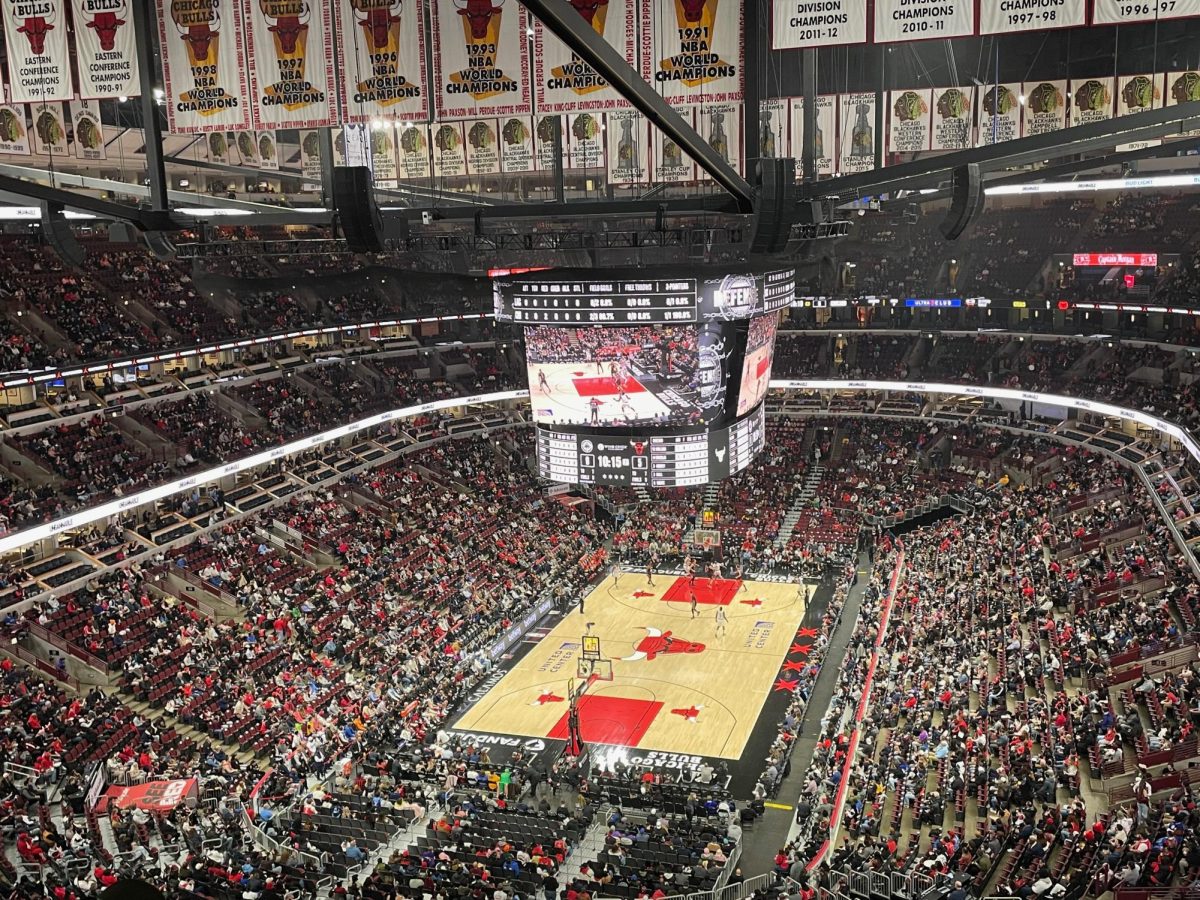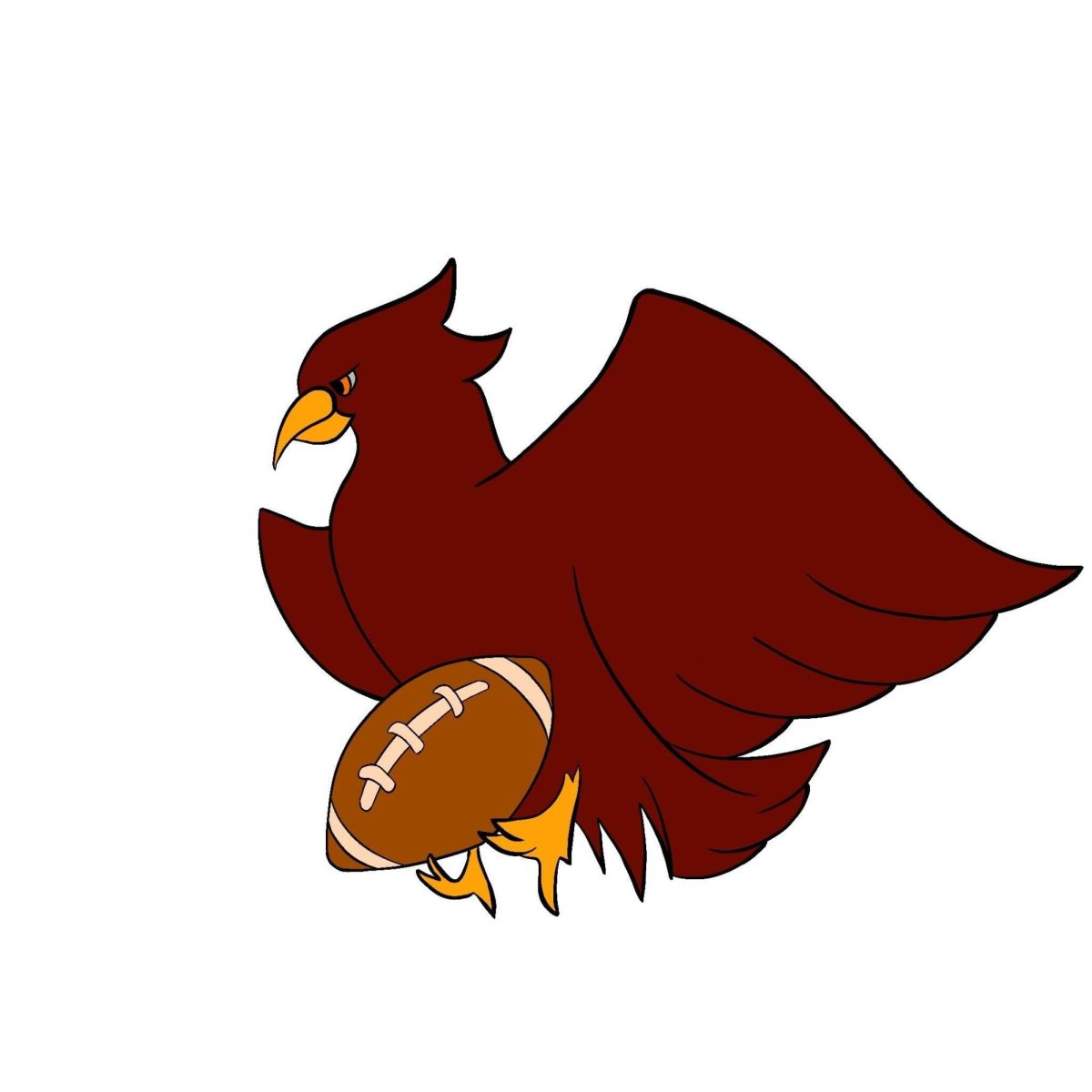This article was originally published on March 8, 1946 and was re-printed on February 18, 2014 as part of the Maroon’s historical issue.
T. Nelson Metcalf, director of athletics, will deliver the University verdict to the Big Ten athletic directors this morning at 10:30 and will assert that the University which founded the nation’s biggest and most successful intercollegiate league, is “no longer capable of providing equal competition and must withdraw from the conference at the end of the academic year.”
Chicago bolted the Big Ten football ranks on Dec. 21, 1939, and today will permanently abandon its membership reducing the league for the first time since 1917 to nine teams. Principally affected by the decision are Chicago’s schedules in basketball, tennis, and track.
University officials pointed out last night that the decision does not affect Chicago’s intentions for maintaining varsity teams “in those sports in which students want to compete and where schedules can be negotiated with teams of equal strength and standards.” The statement to be submitted to the Big Ten officials today expresses the desire of the University to schedule contests with Big Ten teams “in those sports where competition is mutually advantageous.”
Big 10 Interests Best Served, Statement Declares
The move brings to an end an athletic dynasty which at one time was the most feared in America. The University statement asserts that Chicago leaves the conference with “regret” and that as a charter member “it has been reluctant to end its tradition of fifty years of competition with other members and its association with them in establishing scholastic and administrative standards for intercollegiate athletics that have been widely influential and beneficial.”
Chicago’s athletics fortunes have declined steadily since the end of the first World War. Recently, the University has been under fire for maintaining “inept” teams in the Big Ten basketball race, creating inequity in the championship struggle for those teams which do not meet the Maroons. The Chicago statement tacitly recognizes the charge and declares that “the decision to withdraw is unquestionably for the best interests of the conference and the University.”
Intensive Study Preceded Move
University authorities said the verdict was attained after an “intensive consideration of its relationships with the conference.”
Dean of Students L.A. Kimpton, U. of C. faculty delegate, will deliver the same statement to the conference faculty representatives this afternoon.
An extensive study of the athletic department and its relationships to the University is now being carried out by Metcalf in conjunction with his athletic staff. A new sports program, emphasizing intramural competition with full participation, is expected to be drafted.
The Chicago decision is not without precedent. Michigan dropped out of the Big Ten in 1908 but rejoined the league in 1917. The conference has been intact since that time.
Rumored as potential successors to Chicago for several years have been Nebraska, Pittsburgh, Michigan State, and Notre Dame.
UC Tradition Long, Colorful
Chicago’s athletic tradition is one of the most colorful in the nation. The University was a founding father of the Big Ten in 1896 and under Amos Alonzo Stagg, “the grand old man of Chicago,” it was a ranking athletic force for almost 40 years. Chicago was the first great midwest athletic institution, and its athletes have included some of the most accomplished performers in the annals of sport, including All Americans Jay Berwanger, Clarence Herschberger, Walter Eckersall and Fritz Crisler.








